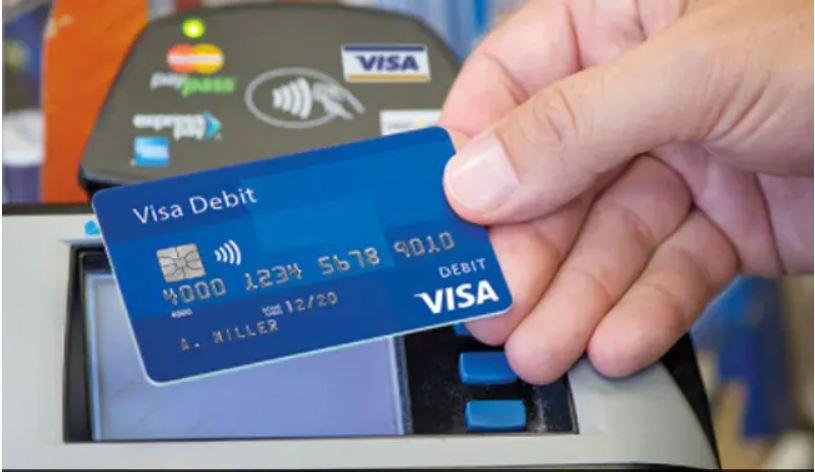WELLINGTON: Visa has launched a robust three-year Security Roadmap to counter the burgeoning threat of artificial intelligence–enabled payment fraud in New Zealand. The initiative, announced on July 8, introduces real-time analytics, biometric authentication, and upgraded risk protocols aimed at neutralising a sharp uptick in AI-driven scams. The announcement comes in response to nearly ₹1,365 crore (NZ$273 million) in fraudulent transactions that Visa’s systems flagged and blocked in 2023, equivalent to approximately ₹1,365 crore (US$170 million).
As criminals increasingly deploy AI to mimic legitimate users and exploit standard security layers—such as SMS OTPs—Visa is encouraging banks and payment platforms to modernise their defences by 2028. The plan outlines critical objectives, including stopping enumeration attacks, adopting a data-driven risk model, strengthening resilience against AI-based scams, and embedding advanced cybersecurity solutions across the financial ecosystem.
SMB Toolkit and Collaborative Defence Efforts
Recognising that small and medium businesses (SMBs) are particularly vulnerable, Visa has rolled out an SMB Fraud Prevention Toolkit. This resource offers step-by-step guidance on tackling phishing, ransomware, billing fraud, card-not-present transactions, and enumeration threats. In 2023 alone, fraud reports surged by 95%, with businesses incurring ₹9.5 crore (NZ$1.9 million) in losses from these attacks.
Visa emphasises sustained infrastructure investment, including interchangeable fee models to support AI monitoring, biometric ID verification, and 24/7 fraud detection. The company pledges to continue its cooperation with banks, merchants, and regulators to embed this strategy across New Zealand’s payment architecture.
A Growing Threat and AI-Driven Countermeasures
Scammers Get Smarter, So Must Our Defences
Visa reports that unauthorised card fraud rose 32% in the past year, with online shopping scams overtaking identity theft. Many victims, around 68%, don’t report incidents, compounding the challenge.
AI vs. AI: A Tactical Arms Race
Anthony Watson, Visa’s Country Manager for NZ and the Pacific, noted: “Visa used AI to stop more than ₹1365 crore (NZ$273 million) in fraud in 2023. We must move faster as AI-enabled fraudsters evolve”. Visa’s systems now analyse over 500 transaction attributes in real time, deploying advanced neural networks and generative AI to detect anomalies within milliseconds.
Algoritha: The Most Trusted Name in BFSI Investigations and DFIR Services
What Comes Next?
Visa plans to work closely with financial institutions to operationalise its Security Roadmap. Regulatory incentives may be implemented to ensure continuous funding for fraud defences. Meanwhile, businesses are encouraged to adopt multi-factor authentication, employee training, real-time transaction monitoring, and source software directly from verified platforms.
With AI powering both attacks and defences, the success of Visa’s initiative may signal a broader shiftcial security, in global finanwhere machine intelligence safeguards digital trust in increasingly complex payment ecosystems.
About the Author – Sahhil Taware is a B.Sc. LL.B. (Hons.) student at National Forensic Sciences University, Gandhinagar, with a keen interest in corporate law and tech-driven legal change.


